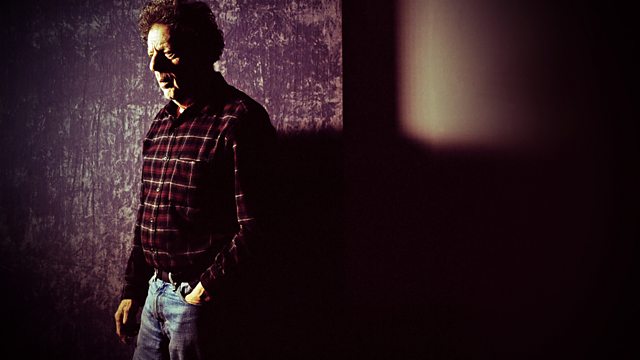
Easy Listening?
Series about 20th century music shows how American composers re-invented the sound of classical music into a more simple form, bringing back harmonies and rhythms.
The series concludes with the focus shifting to the United States in the post-war years of the 1950s and beyond. Beginning with arguably the most notorious work of 20th century classical music, John Cage's 'silent' composition 4'33", it looks at how a series of maverick Americans re-invented the sound of classical music into a more simple form, bringing back harmonies and rhythms that made it increasingly popular with audiences across the world. It also examines how this music found its way into a spiritual realm, with the strain of pared-down religious composition that came to be known as 'holy minimalism'.
From the Maverick concert hall in Woodstock, New York to an Orthodox cathedral in Estonia to a car park in Peckham, south London, the story is told by a stellar line-up of contributors including Philip Glass, Steve Reich, John Adams, Arvo Pärt and John Tavener.
Last on
More episodes
Previous
Next
You are at the last episode
See all episodes from The Sound and the Fury: A Century of Music
![]()
"I must confess I’ve never been so in awe.” Read series producer Ian MacMillan’s post
Clip
-
![]()
How modern classical music got its groove back
Duration: 02:21
Credits
| Role | Contributor |
|---|---|
| Director | Ian MacMillan |
| Series Producer | Ian MacMillan |
| Executive Producer | Roy Ackerman |
Broadcasts
- Tue 26 Feb 2013 21:00
- Wed 27 Feb 2013 03:00
- Fri 1 Mar 2013 00:30
 Fri 1 Mar 2013 23:50����ý HD
Fri 1 Mar 2013 23:50����ý HD- Fri 11 Oct 2013 19:30
Celebrate 20th Century music with The Open University
Explore the world of 20th Century classical and avant-garde music


